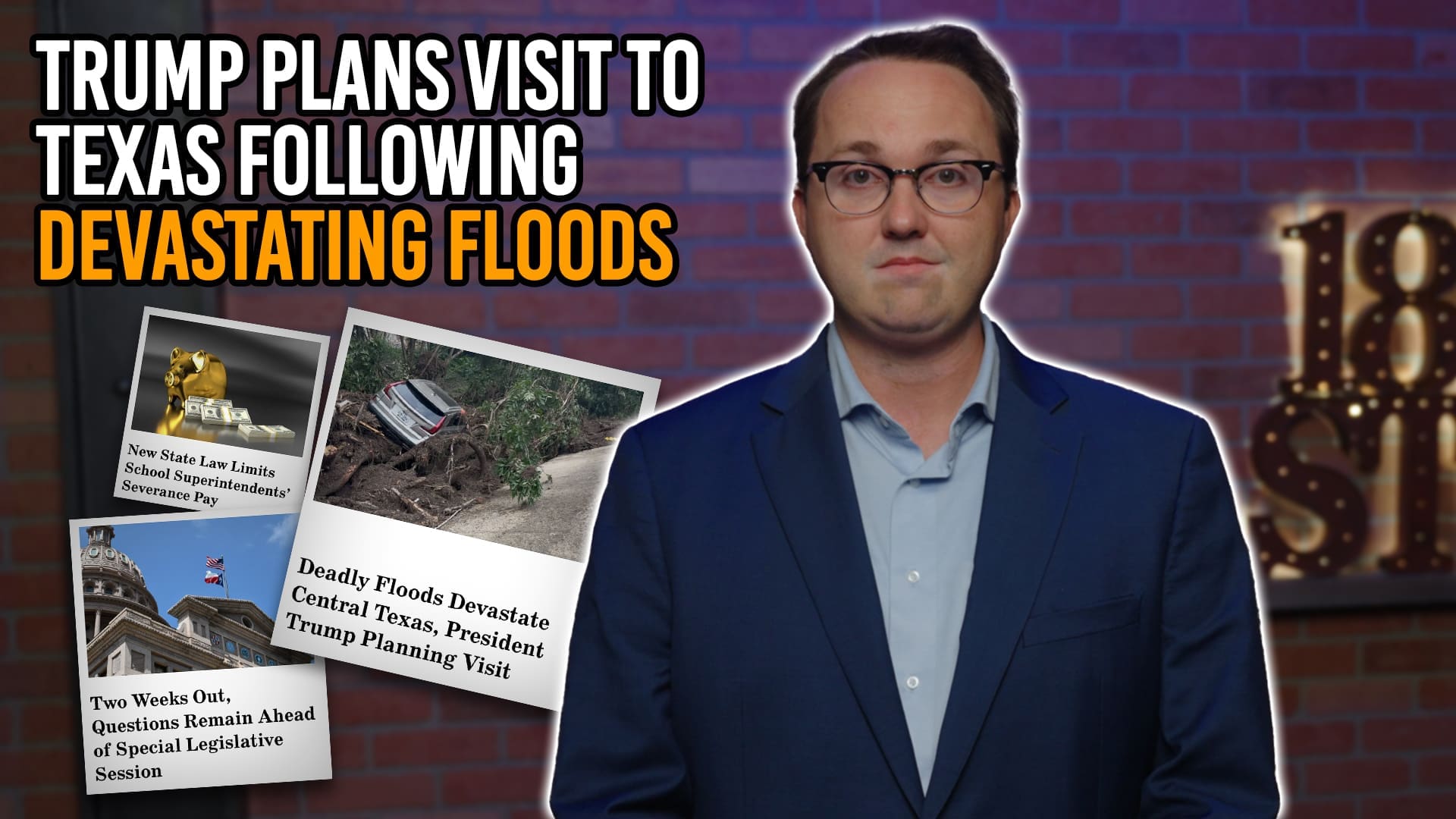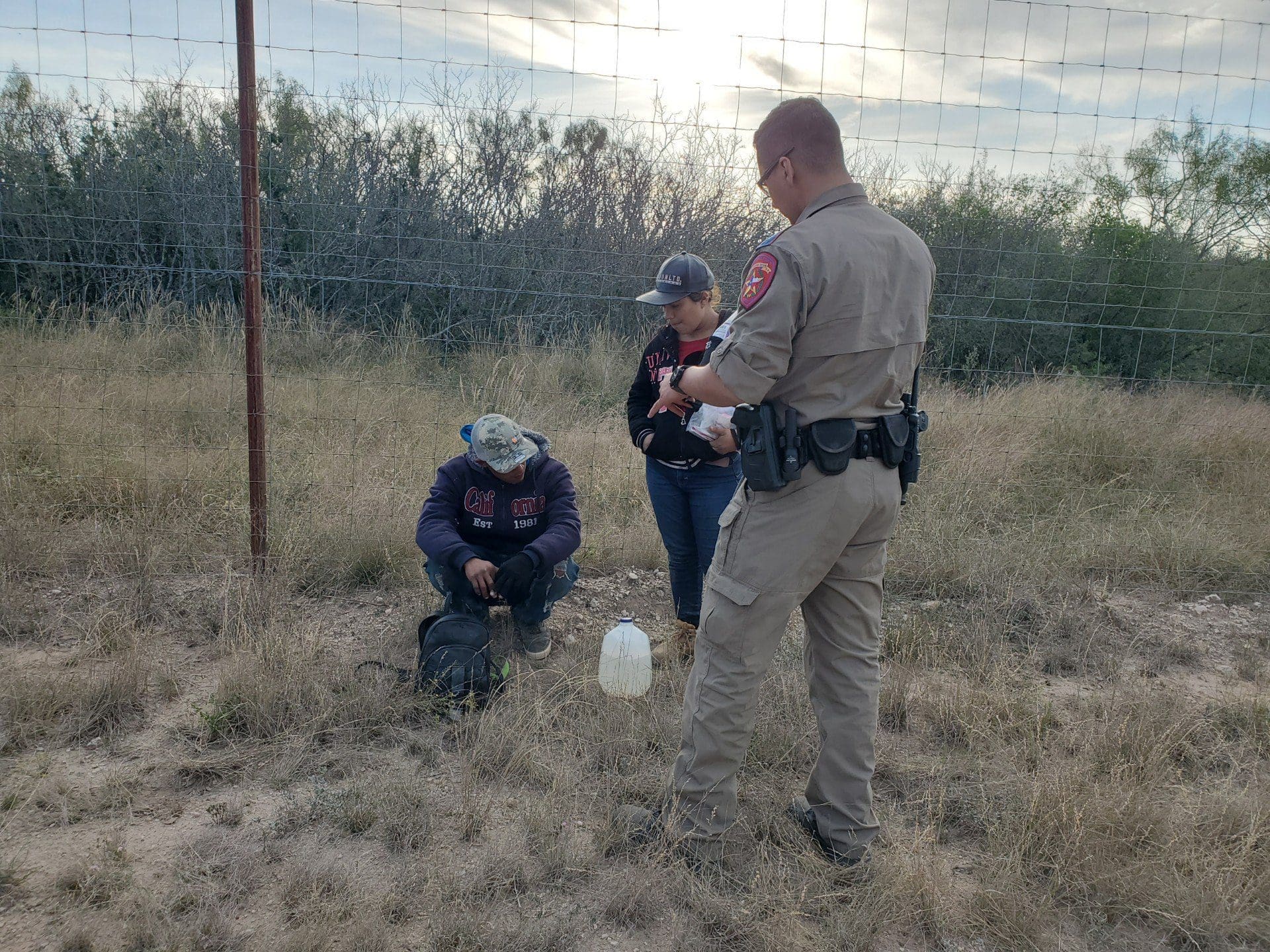This week brought about some surprisingly meaningful changes to a rural broadband bill that will take a crucial step in advancing constitutional pornographic regulations.
Terry Schilling, the president of the American Principles Project, has done excellent research on how to regulate pornography, and on Thursday, State Rep. Jeff Cason (R–Bedford) passed an amendment that will give preferential treatment to internet providers that offer their default internet service as “porn filtered.”
Cason articulated it well:
“Pornography currently stands as an enabler to both human trafficking and the sexual exploitation of mostly women throughout our state. For customers to have access to this material, provided by taxpayer-funded broadband service, they should be required to opt in, not opt out, of such access.”
Two years ago, Schilling argued this was the first step needed to address this cancerous toxin that is destroying the lives of many Texans.
What was a little surprising is that the Democrat Party publicly identified themselves, in Texas at least, as the party for unfiltered porn access. This is disturbing, to say the least, but it does seem somewhat consistent since they are quickly becoming a party that actively advocates to sexually transition minors to the opposite of their birth sex.
This debate also brought to light that the internet industry does not want consumers to know that they have the ability—and are even willing to mislead lawmakers as to their ability—to filter pornography.
State Rep. Trent Ashby (R–Lufkin) stated that “stakeholders” had implied that they aren’t even really able to do this, referring to applying a default filter on the internet for pornography that would need to be lifted by the user upon request.
If that is the case, why are other providers currently doing this?
From Schilling’s 2019 piece, we read:
Soon, Great Britain’s four major ISPs self-regulated. One of the larger ISPs, Sky Broadband, has been the most aggressive in implementing an opt-in system, setting up a ratings system that provides differently filtered versions of the Internet with a default pornography-free setting of 13+.
So now Ashby, and the stakeholders he’s talking with, will have to explain to Texans why they are incapable of doing this. Texans should be grateful that Cason advanced this key public policy issue and that—unless Republicans try to strip this language out—Texas will, for the first time, incentivize the default internet service of porn filtering.
This is a commentary published with the author’s permission. If you wish to submit a commentary to Texas Scorecard, please submit your article to submission@texasscorecard.com.





